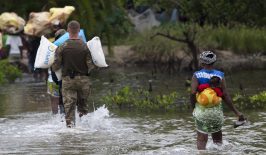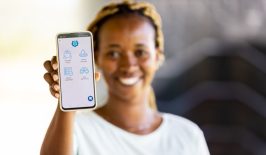According to UNAIDS, concerted efforts have meant that we are now on the verge of a significant breakthrough in the worldwide AIDS response. According to the organisation, new HIV infections are falling and more people than ever before are starting treatment.
There has also been solid evidence that antiretroviral drugs can indeed prevent new HIV infections. India has shown very encouraging results in the fight against HIV/AIDS with rates of new infections falling by 56 percent over the past decade. Worldwide, these results show that the vision of a world without new HIV infections, discrimination against those living with HIV and of a world with zero HIV-related deaths is more probable than was thought a decade ago.
In India, with the goal of speeding up the reversal of HIV/AIDS infections and forming an integrated response, the fourth National AIDS Control Programme (NACP-IV) has now aimed at zero infection, zero stigma and zero death. This is after encouraging results have already been noted. According to the Hindu, the number of new infections has fallen from 270,000 new infections in 2001 to 127 000 new infections in 2010.
According to UNAIDS, around 2.39 million Indians are living with HIV which equates to a prevalence rate of around 0,31 percent. This means that there is a relatively low rate of infection in comparison to other parts of the world, however, the number of people living with HIV in the country is significant.
The prevention campaign of NACP in collaboration with international organisations targets mainly female sex workers, men having sex with men and intravenous drug abusers as well as truck drivers and migrants. This is because these are the largest risk groups in the country. December 1st is World AIDS Day. Check out this website for events and information.
Author: Carrie Byrne/ RESET India editorial








